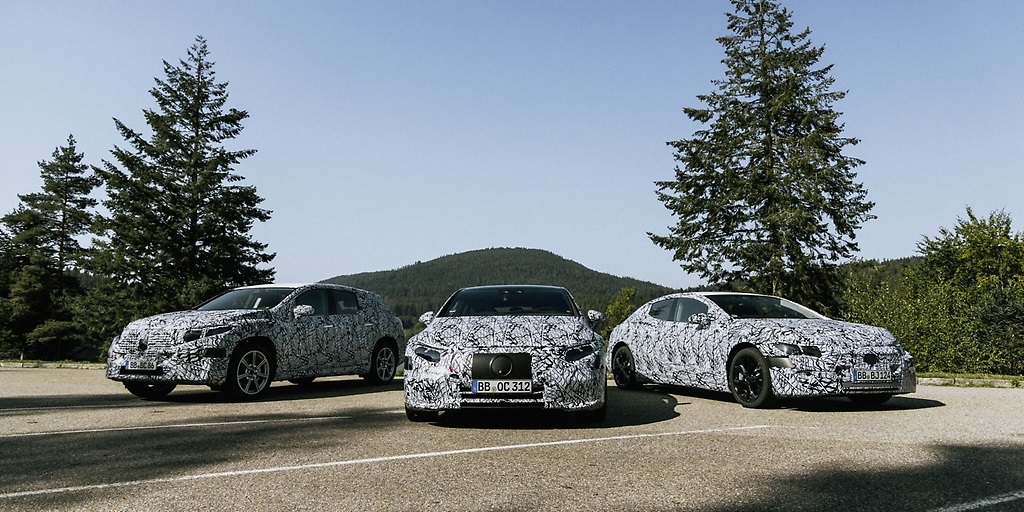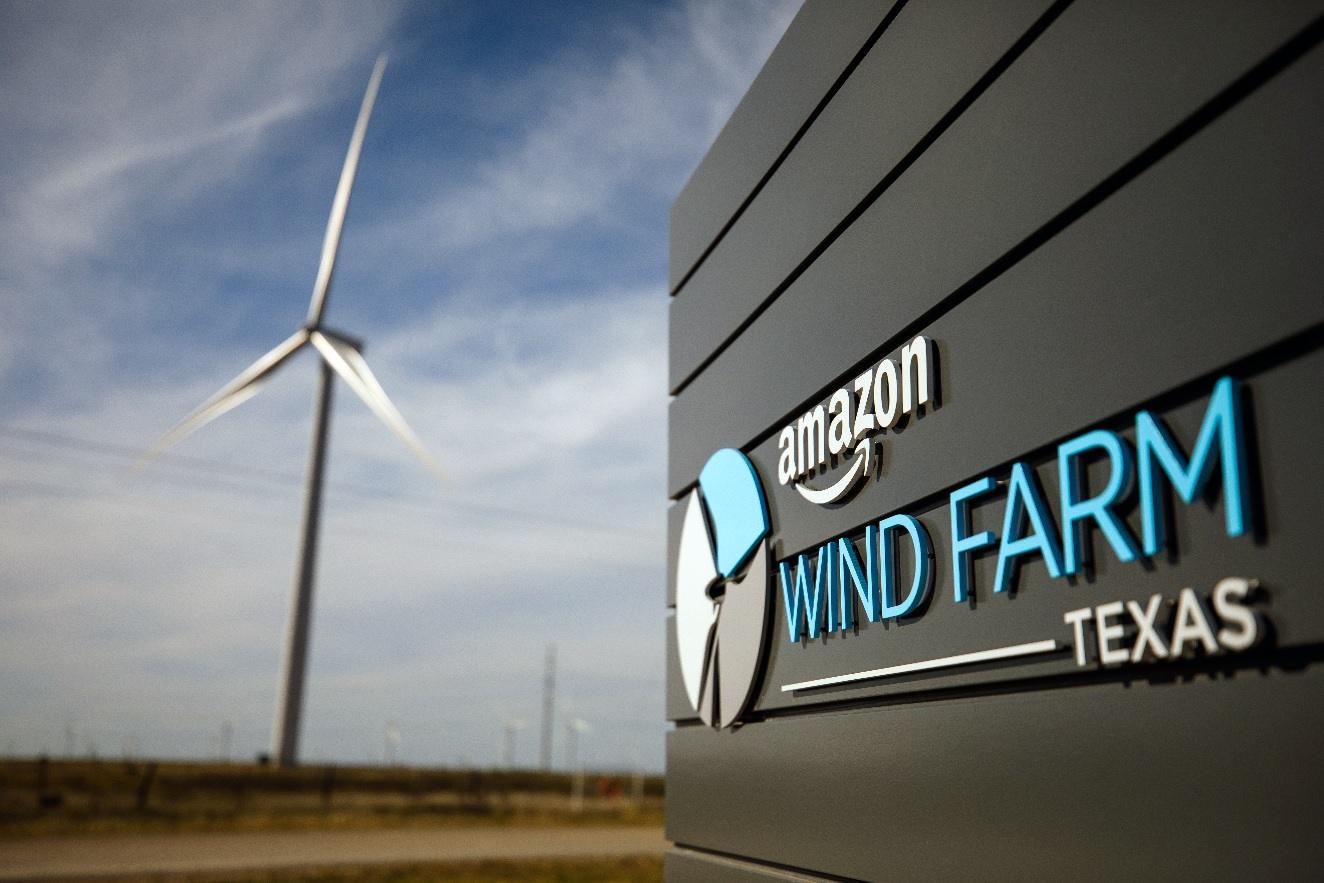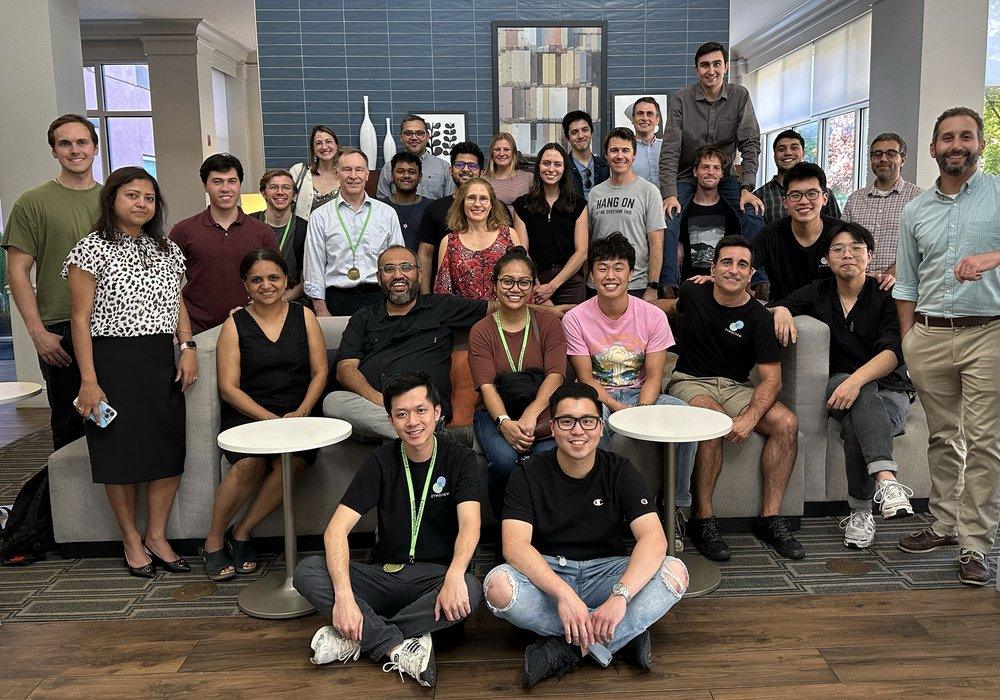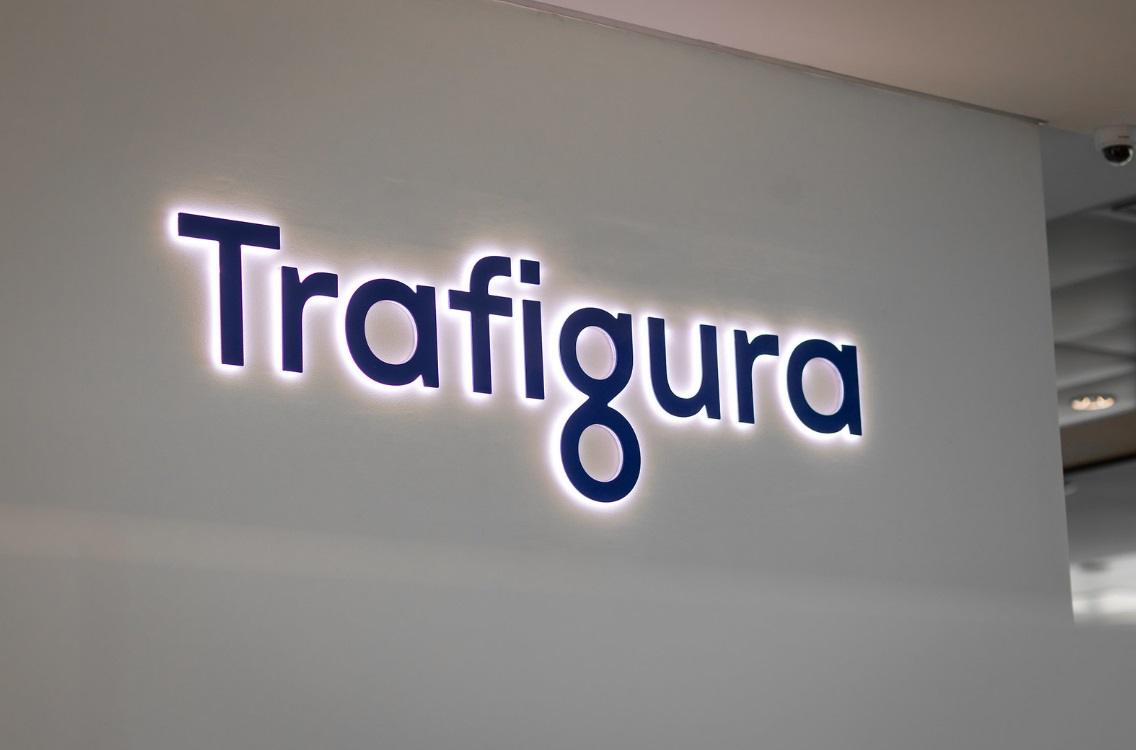Mercedes-Benz Targets Carbon Neutral Supply Chain
Automaker Mercedes-Benz announced today a series of initiatives aimed at achieving a carbon neutral supply chain by 2039. The announcement is part of the company’s Ambition 2039 strategy, under which it aims to offer a CO2 neutral new car fleet before the end of next decade.
According to the company, the production of an all-electric vehicle is twice as CO2 intensive, relative to that of a conventional combustion engine vehicle, due to higher energy needs in the supply chain, particularly related to lithium-ion batteries. As part of its new initiatives, Mercedes-Benz will work with the global supplier network to reduce CO2 emissions in the production phase.
Markus Schäfer, Member of the Board of Management of Daimler AG and Mercedes-Benz AG; responsible for Daimler Group Research and Mercedes-Benz Cars COO, said:
“Electric mobility and sustainability go hand in hand for Mercedes-Benz. With the electric EQS luxury sedan, which is already in the starting blocks for next year, we have already achieved important milestones in close cooperation with our partners – for example by purchasing CO2 neutrally produced battery cells. We are consequently pursuing this path: When awarding contracts for our subsequent electric vehicle platform – Mercedes-Benz Modular Architecture (MMA) for compact and medium-sized cars – we are already applying CO2 as a key criterion for the first time consistently.”
Mercedes-Benz’s sustainable supply chain efforts include working with suppliers on the production of carbon neutral materials. The company is including climate neutrality into its contractual terms. Mercedes-Benz stated that by 2039, only production materials which are CO2 neutral in all value creation stages will be allowed through the factory gates. Suppliers declining to sign the company’s ‘Ambition Letter’ on carbon neutral supply will not be taken into account for new supply contracts.
Gunnar Güthenke, Head of Procurement and Supplier Quality, Mercedes-Benz Cars, said:
“Together with our partners, we are implementing the Mercedes-Benz Ambition 2039. Almost half of our approximately 2000 suppliers have signed an ‘Ambition Letter of Intent’ and are committed to supplying us with only CO2 neutral parts in the future. These companies account for more than half of the annual purchasing volume of Mercedes-Benz AG. This is an important proof point on the way to achieving our climate goals: our supplier network has also recognised the signs of the times, and is following the transformation. We place an additional focus on particularly CO2-intensive components and materials such as battery cells. We are also in the process of setting up a tracking system that will enable us to see how CO2 emissions are reduced over time.”
The company also said that it will focus on materials and components that are particularly CO2 intensive in manufacturing and processing, battery cells, steel, and aluminium. According to Mercedes-Benz, these components account for 80% of the CO2 emissions in the supply chain of a fully electric vehicle. Mercedes-Benz has agreed on objectives with two strategic partners for battery cells, CATL and Farasis Energy who have committed to supply battery cells that are produced using electricity from renewable sources such as hydropower, wind, and solar energy, reducing the CO2 footprint of an entire battery by more than 30 percent. The rest of the supply chain will be included as a next step.
Mercedes-Benz also stated that it will aim to consistently reduce the use of primary raw materials for electric drives by 2030, gradually increasing the share of secondary and renewable materials in vehicles.





